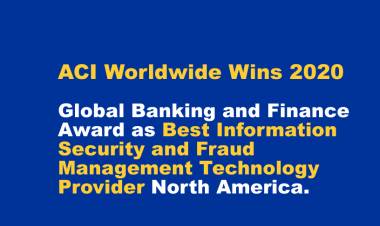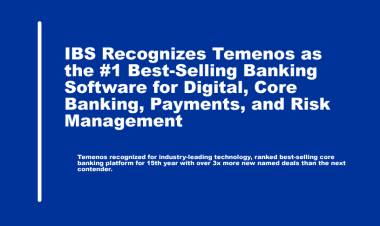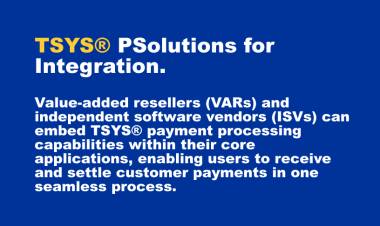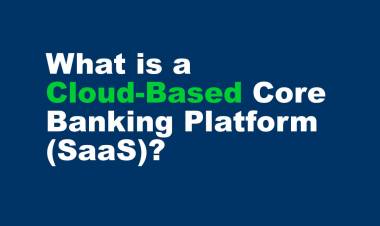Report: Cloud-based core banking vendors look to smash legacy oligopoly

A breed of emergent vendors is aiming to break apart the oligarchy ruling the core banking space and disrupt a market which has been experiencing consolidation for a decade. Those in the market suggest that cloud-based platforms could see the pureplay core system business model “come to an end”.
In 2014, Gartner listed 19 core banking vendors in its Magic Quadrant rankings. In 2018, it listed just eight. The market has experienced a series of mergers and acquisitions, including the creation of Finastra in 2017, and the takeover of First Data by Fiserv – a deal which combined the former’s 12,000 banking clients with the latter’s 4,000 enterprise payments customers.
“The core banking [vendor] space is a shrinking one,” says Avaloq CEO Juerg Hunziker. “Consolidation will continue for the foreseeable future and just being a core systems provider, without the ability to provide extended services, like software-as-a-service (SaaS) or business process outsourcing (BPO), will be a business model that will come to an end.”
“Choice is always welcome and consolidation limits choice,” says Anton Rutten, head of IT systems at Rabobank. “However, there are two positive side-effects. First, you start looking for alternatives with smaller start-ups instead of the same short-list. Second, it also brings some standardization. We want to focus our creativity on what kind of value we bring to the customer rather than focusing on which core banking applications we are building it on.”
In the United States, community banks are often forced to choose between a handful of providers, usually comprising of Fiserv, FIS, Jack Henry & Associates, and Finastra (from its old days as D+H). David Mitchell, president of Nymbus, says that mid-sized institutions across the US “are often locked into long-term contracts” with major providers, and as a result can be left “frustrated by the amount of time it can take to update or do a full core conversion” on crucial systems.
The market saturation of vendors in the US prompted the CEO of the American Bankers Association (ABA), Rob Nichols, to invite the major providers to join a specially-created committee. In a letter, seen by American Banker, Nichols asked the CEOs of Fiserv, FIS and Jack Henry to provide more lenient contract terms and upgrade their technology to match their customers’ needs.
Going further, the ABA made a direct investment in cloud core banking firm Finxact in January. “ABA is pleased to take part in this historic opportunity to chart a new path for core banking services,” said Nichols, in a statement accompanying the news. He added that the association would look “at every avenue — whether it’s investments in companies like Finxact, working with other core providers or endorsements of new products and services — to help all banks keep pace with the digital revolution underway.”
Finxact co-founder and chief marketing officer, Dan McKinney, believes that for banks to have proper choice, new vendors “must provide banks with solutions that materially move the dial”. “This cannot be achieved by relying solely on incremental improvements to existing solutions. It can only be achieved through a new category of core banking solution that is cloud-native, API-first, extensible, and elastically scalable from the smallest digital-only bank to the largest top tier bank.”
“If a financial institution wants a sustainable platform that will see them into the future, then it cannot be the one-size-fits-all option - traditional core systems and products delivered by a single vendor are not agile enough to compete in the digital age,” says Ben Goldin, chief technology officer at cloud core banking firm Mambu. “Digital technology moves so swiftly and there are so many dynamic new products and services in the market, financial institutions have the options to accessing the solution that best suits them.”



















